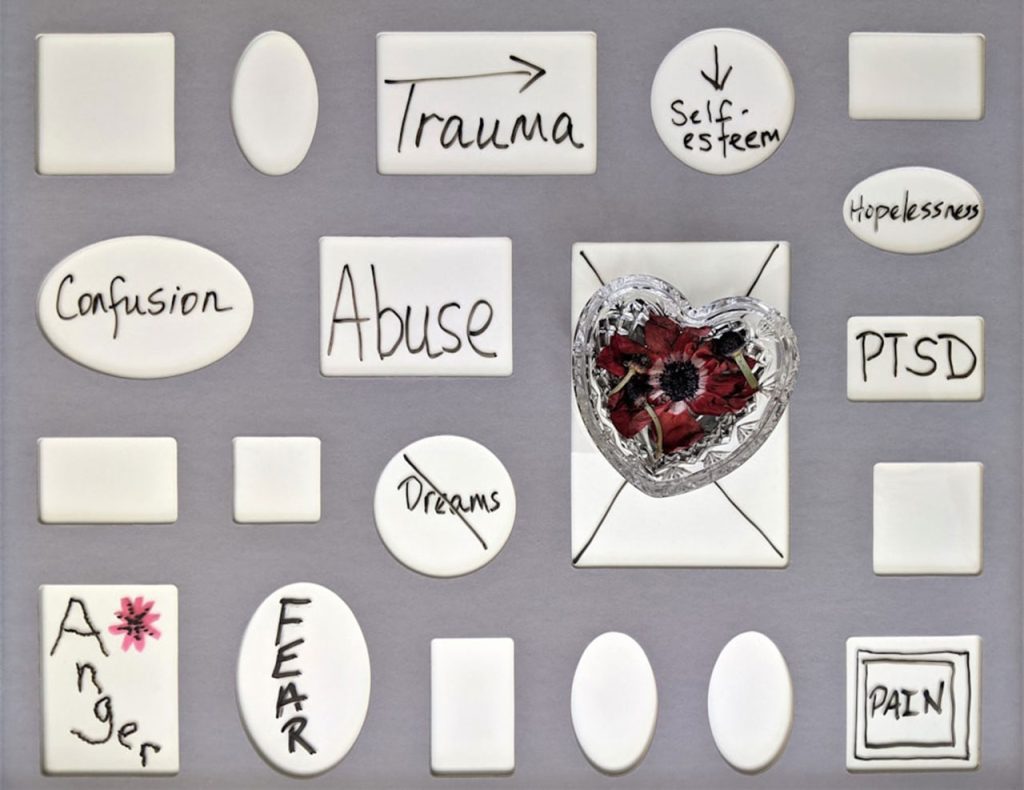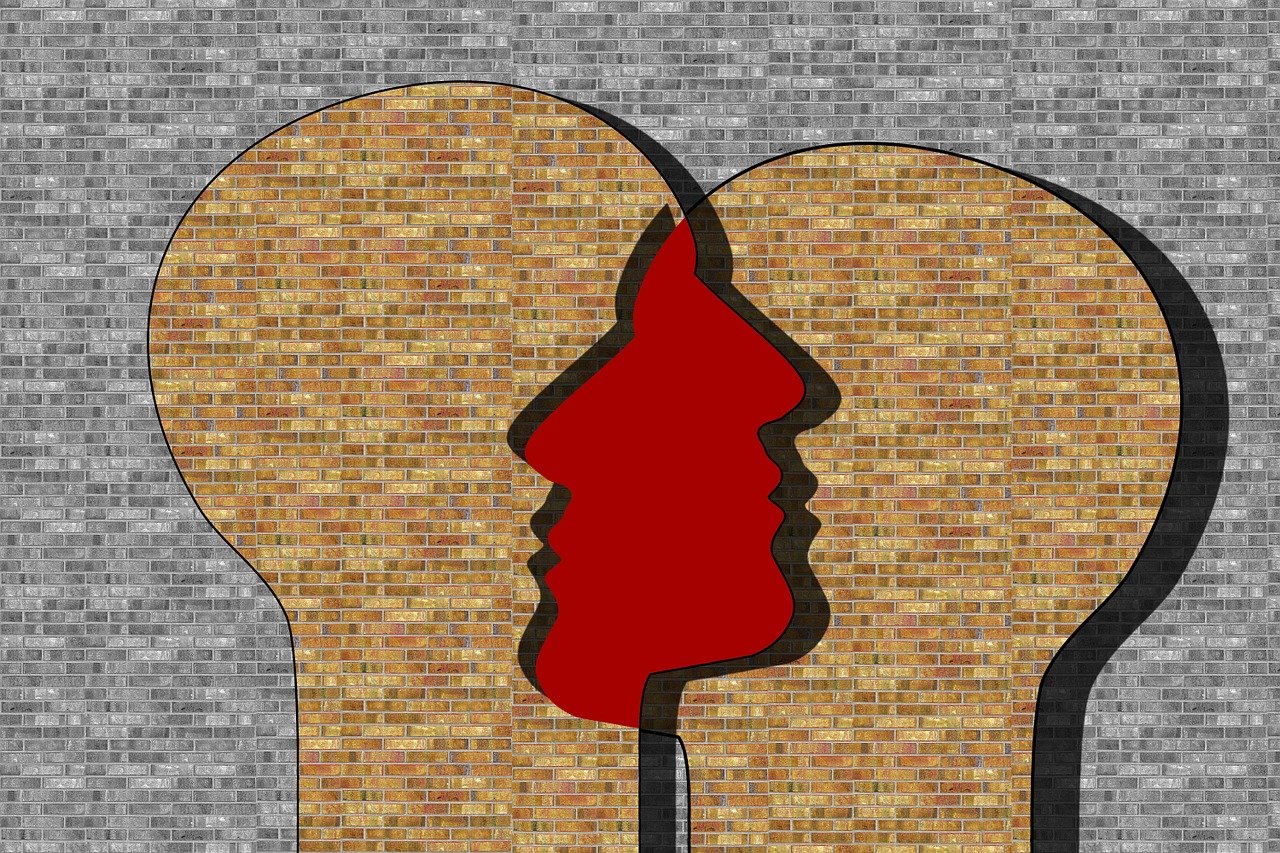Trauma is a complex and deeply personal experience that affects individuals in various ways. According to the American Psychological Association (APA), it can be caused by a single event or a series of distressing events that overwhelms an individual’s ability to cope, leaving a lasting impact on a person’s physical, emotional, and psychological well-being.
It is important to note that trauma is subjective, and what may be traumatic for one person may not have the same impact on another. Not everyone who experiences stressful events develops trauma. Some people experience symptoms that resolve after a few weeks, but others can have more severe long-term effects. Moreover, there are several types of trauma.
The experienced individual therapist at Britvan Therapy Services shares some insights into the behavioral, physical, and psychological symptoms and types to spread awareness regarding trauma. If you’re looking for a therapist, reach out for in-person services in Westchester County and virtual services throughout NYS.
Symptoms of Trauma
The symptoms of trauma can manifest in a wide range of ways and vary from person to person. Some common symptoms include intrusive thoughts or memories of the traumatic event, nightmares, flashbacks, and emotional distress when reminded of the trauma.Individuals may also experience avoidance behaviors, such as avoiding certain places or situations that trigger distressing memories. Other symptoms include hypervigilance, difficulty concentrating, sleep disturbances, and a heightened startle response.In severe cases, trauma can lead to the development of mental health disorders, such as post-traumatic stress disorder (PTSD), anxiety, and depression.
Types of Trauma
Chronic Trauma
This type of trauma refers to prolonged or repeated exposure to emotional or physical abuse, neglect, and other distressing events. Chronic trauma can have a cumulative effect on a person’s well-being, leading to complex trauma symptoms.
Secondary Trauma
Vicarious or secondary trauma occurs when those who work with trauma survivors experience symptoms similar to those of the survivors themselves. This can affect professionals, such as therapists, social workers, and first responders.
Big T or Shock Trauma
Big trauma, severe trauma, or shock trauma are names given to trauma caused by highly distressing events or unexpected losses. It can significantly impact a person’s well-being, regardless of whether physical harm was involved. These events may be directly experienced by the person affected or witnessed by others.
Small T or Minor Trauma
This type of trauma refers to life events that may seem insignificant on the surface but can cause distress profound enough to impact an individual emotionally. Sometimes such events don’t appear significant to others, but one person’s subjective experience can make them traumatic. What exacerbates the trauma is when others downplay or dismiss the emotional impact of these events.
Complex Trauma
Complex trauma encompasses experiences that can fall into both Severe Trauma and Minor Trauma categories. What makes them complex is that they are prolonged, recurring, and cumulative in nature.
This type of trauma occurs within specific contexts. For instance, developmental trauma takes place during critical periods of psychological development, such as childhood and adolescence, while relational trauma occurs within a person’s family of origin.
Understanding the nuances and various forms of trauma is essential for providing appropriate support and interventions to individuals who have experienced these events. It is important to approach trauma holistically, with compassion, empathy, and a commitment to promoting healing and recovery.


